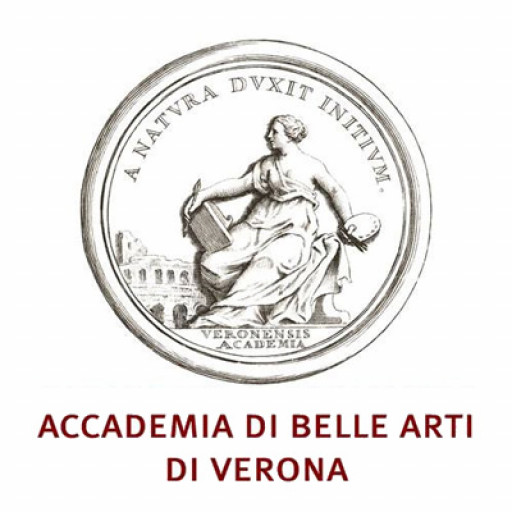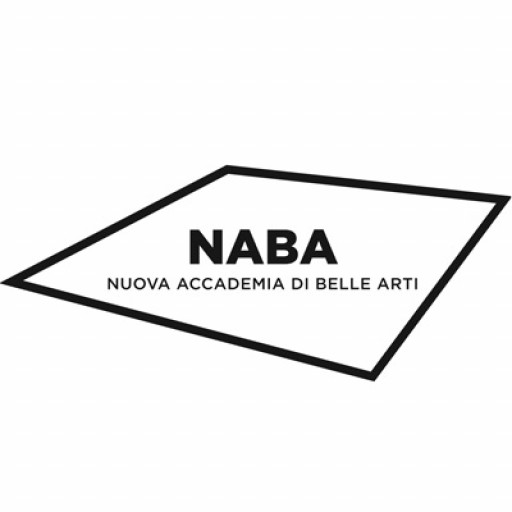Photos of university / #edinburghuniversity
Product Design at the University of Edinburgh is a dynamic and innovative programme that equips students with the creative, technical, and analytical skills necessary to develop compelling, user-centered products. This interdisciplinary course combines principles of engineering, design, psychology, and business to foster a comprehensive understanding of the entire product development process, from initial concept and research through to manufacturing and user experience. Throughout the programme, students engage in hands-on projects and collaborative work, allowing them to apply theoretical knowledge to real-world challenges and develop solutions that are both functional and aesthetically appealing. The curriculum emphasizes sustainability, innovation, and usability, ensuring graduates are prepared to meet the needs of modern industries and consumers. Students have access to state-of-the-art laboratories and resources, including workshops, digital fabrication tools, and computer-aided design software, supporting experiential learning and technical proficiency. The programme also incorporates opportunities for industry engagement, internships, and networking, facilitating professional development and employability. Graduates of Product Design at Edinburgh often pursue careers in fields such as consumer product development, industrial design, user experience design, and consultancy, contributing to innovative and sustainable solutions across a wide range of sectors. The university's strong emphasis on research-led teaching and global outlook provides students with a broad perspective and the skills to thrive in a competitive, global marketplace. With a focus on creativity, critical thinking, and technical expertise, the programme aims to produce graduates who are capable of leading and innovating in the fast-paced world of product design and development.
There are two semesters in your first year, each providing the opportunity to engage three courses: one core requirement, and two elective options from supporting programmes relevant to the ethos of the programme.
Core courses foster exploration and development of ethnomethodological approaches to product design research and development, with a strong emphasis on action research, ethnographic observation, participation and prototyping, driven through a strong iterative approach to practice.
One-year MA degree
If you choose to pursue the one year MA degree, you will engage your dissertation in the summer period following the first year of study, focusing on the development of an individual project which emphasises product theory in context.
Emphasis on the MA degree pathway is to prepare students with interests in design management, policy or direction, or pursuing further academic research programmes such as the PhD.
Two-year MFA degree (Under review for 2018 entry)
Students enrolled on the two year MFA degree demonstrate interest in pursuing a career as autonomous designers, often establishing their own studios of practice.
In Year 2 of the MFA, you will undertake an additional four courses, with a core component in semester 1 entitled "Incubator", which is designed to help develop your skills in researching, developing and delivering a practice-led thesis.
The MFA dissertation takes place in your final semester, and culminates in the presentation of a significant body of work presented in exhibition format, showcasing exceptional skills in making, prototyping and manufacturing of high-quality, proof of concept models which articulate your understanding of theory in practice through artefacts, images and text relevant to people-centred design.
- Bakalavr, Specialist Diploma or Magistr from an accredited higher education institution with a minimum average grade of 4.0/5.0.
- IELTS Academic module overall 6.5 with 5.5 in each component
- TOEFL iBT 92 or above with 20 in each section
Normally a UK 2:1 honours degree, or its international equivalent, in a subject relevant to designing products with an emphasis on people, such as: product design, 3d design interior design and/or architecture.
You must submit a portfolio as part of your application. Your portfolio should demonstrate evidence of:
- excellent ability to think critically through drawing and making
- strong ability to critically analyse current situations involving the interactions between people and products
- strong ability to communicate preferred design-led future situations through the development and resolution of drawings, models, prototypes, and mock-ups in various physical and material media formats
- strong understanding of contemporary design challenges and themes relevant to designed products and the people for whom they are designed
- ability to engage people centred research activities relevant to product design
- a high level of individuality, originality and creativity
Your portfolio should also include a personal video, no more than 3 minutes long, in which you give insights into three artefacts. After introducing yourself to the camera you should describe:
- the qualities of an old artefact and why it interests you
- a contemporary artefact and why you consider it relevant
- an artefact from your portfolio (from the future) and why it embodies your interests
We would like to see these artefacts in your hands and will listen carefully to how you express ideas about each artefact.
If you do not meet the academic entry requirements, we may still consider your application on the basis of your portfolio and/or relevant professional experience.
Funding for the MSc in Product Design at The University of Edinburgh can be secured through various sources, including university scholarships, government grants, and external funding bodies. The university offers a range of scholarships specifically for postgraduate students, some of which are targeted at design and innovation disciplines. Prospective students are encouraged to explore scholarships such as the Edinburgh Graduate School Scholarships, which may provide financial support based on academic achievement and need. Additionally, students from the UK may be eligible for governmental student loans and repayable funding schemes, such as those offered by the Student Loans Company. International students are advised to seek funding from their home countries or external organizations that support international education. The university’s financial aid office provides detailed guidance on eligibility criteria, application procedures, and deadlines for these funding opportunities. Furthermore, some students secure funding through research grants or industry sponsorships, especially if their research or project work aligns with commercial or societal innovation priorities. It is also possible to undertake part-time work through the university’s employment services, which can help supplement income during studies. Many students combine employment with their studies to manage costs effectively. Tuition fees vary depending on the student’s residency status and are published annually on the university’s official website. Prospective students should review the specific fee structure for international and domestic students. International students should also consider additional costs such as health insurance, travel, and accommodation, which may influence overall financing plans. The university’s dedicated financial support team provides personalized advice to help students plan their finances and access available funding sources. Applying early and thoroughly researching all available funding opportunities can greatly assist in managing the financial aspects of postgraduate studies at The University of Edinburgh.
The University of Edinburgh offers a comprehensive program in Product Design that emphasizes creativity, innovation, and technical skills. The program is designed to equip students with the knowledge necessary to develop and analyze innovative products, considering aspects such as usability, sustainability, and aesthetics. Throughout the course, students engage in a wide range of activities, including studio-based design projects, technical workshops, and theoretical studies, which help foster their conceptual thinking, problem-solving abilities, and understanding of the design process. The curriculum covers core areas such as design methodology, materials and manufacturing processes, user-centered design, and digital tools for design development. Students have access to state-of-the-art facilities, including dedicated design studios, prototyping labs, and digital fabrication workshops, allowing them to translate their ideas into tangible prototypes effectively. The program also emphasizes interdisciplinary collaboration, providing opportunities for students to work with peers from engineering, architecture, and business disciplines. Additionally, the university collaborates with industry partners and hosts visiting professionals, giving students insights into current market trends and professional practices. The program prepares graduates for diverse careers in product development, industrial design, ergonomics, and innovation management, equipping them with both practical skills and contextual understanding necessary for success in a competitive global marketplace. The university’s location in Edinburgh offers a vibrant cultural environment, and various opportunities for internships, placements, and networking events further enhance students’ employability. By the end of the program, students are expected to develop a strong portfolio of work demonstrating their ability to conceive, develop, and communicate innovative product designs.










